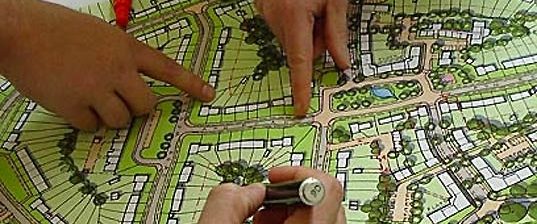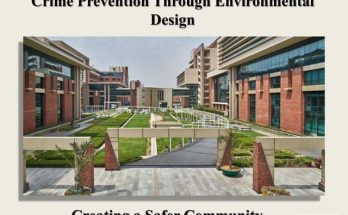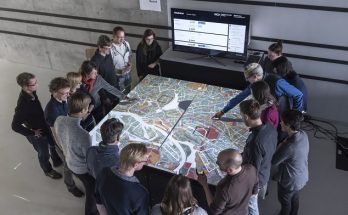Introduction
Urban Sociology is the study of social life and human interaction in metropolitan areas. This field examines the structures, processes, changes, and problems of urban areas and the social interactions within them. It combines elements of sociology, anthropology, geography, and urban planning to provide a comprehensive understanding of city life and urbanization.

Key Concepts and Theories
- Urbanization and Urbanism
- Urbanization refers to the increasing number of people that live in urban areas. It predominantly results from the migration of people from rural to urban areas and the natural growth of urban populations.
- Urbanism is the culture or way of life of city dwellers, including their behaviors, lifestyles, and social patterns.
- 2. The Chicago School of Sociology
- The Chicago School was a pioneer in the field of Urban Sociology, with researchers like Robert Park, Ernest Burgess, and Louis Wirth.
- Concentric Zone Theory by Ernest Burgess: Proposes that cities grow in a series of concentric rings with distinct functions and populations.
- Social Disorganization Theory: Examines how breakdowns in social institutions within urban areas contribute to crime and deviance.
- 3. Modern Urban Theories
- New Urban Sociology: Focuses on global economic changes and their impacts on cities, emphasizing the role of capital, power, and social inequalities.
- World Systems Theory: Views cities as part of a global network, with urban development influenced by international economic systems.
Urban Social Structures
- Social Stratification
- Urban areas often exhibit stark social stratification, with significant disparities in wealth, status, and power among different groups.
- Gentrification: The process by which wealthier individuals move into, renovate, and revitalize a previously less affluent neighborhood, often displacing lower-income residents.
- 2. Diversity and Multiculturalism
- Cities are melting pots of cultures, ethnicities, and religions, fostering diversity but also leading to challenges such as segregation and inequality.
- Ethnic Enclaves: Areas within cities where specific ethnic groups concentrate, preserving their cultural practices and networks.
- 3. Social Networks and Urban Communities
- The urban environment influences social networks, with individuals forming communities based on interests, occupations, or shared spaces.
- Neighborhood Effects: The concept that the physical and social characteristics of a neighborhood impact the life outcomes of its residents.
Urban Problems and Issues
- Housing and Homelessness
- Urban areas often struggle with providing adequate, affordable housing, leading to homelessness and housing insecurity.
- Urban Renewal: Initiatives aimed at redeveloping deteriorated urban areas, which can sometimes lead to displacement of existing communities.
- 2. Crime and Deviance
- High population densities and social heterogeneity in cities can lead to increased crime rates.
- Broken Windows Theory: Suggests that visible signs of disorder and neglect in urban environments encourage further crime and antisocial behavior.
- 3. Transportation and Mobility
- Efficient transportation systems are crucial for urban life, impacting economic productivity, environmental sustainability, and quality of life.
- Public Transit: Challenges include maintaining infrastructure, ensuring accessibility, and reducing traffic congestion and pollution.
- 4. Environmental Issues
- Urban areas face significant environmental challenges, including pollution, waste management, and the urban heat island effect.
- Sustainable Urban Development: Strategies include promoting green spaces, energy efficiency, and sustainable building practices.
Recent Developments and Trends
- Smart Cities
- The integration of digital technologies and data analytics to improve urban infrastructure, services, and quality of life.
- Internet of Things (IoT): Devices connected to the internet to collect and share data, enhancing urban management and services.
- 2. Urban Resilience
- Building cities that can withstand and recover from economic, social, and environmental shocks and stresses.
- Climate Adaptation: Incorporating climate resilience into urban planning to address challenges such as rising sea levels and extreme weather events.
- 3. Social Movements and Urban Activism
- Urban areas are often hubs for social movements advocating for issues like housing rights, environmental justice, and racial equality.
- Grassroots Organizations: Community-based groups that play a crucial role in advocating for and implementing urban change.
- 4. Impact of COVID-19
- The pandemic has reshaped urban life, affecting everything from housing markets and transportation to social interactions and work patterns.
- Remote Work: The rise of remote work has implications for urban economies, real estate, and infrastructure.
Conclusion
Urban Sociology provides essential insights into the dynamics of city life and the challenges and opportunities of urbanization. Understanding these concepts is crucial for developing policies and practices that promote sustainable, equitable, and livable urban environments.



